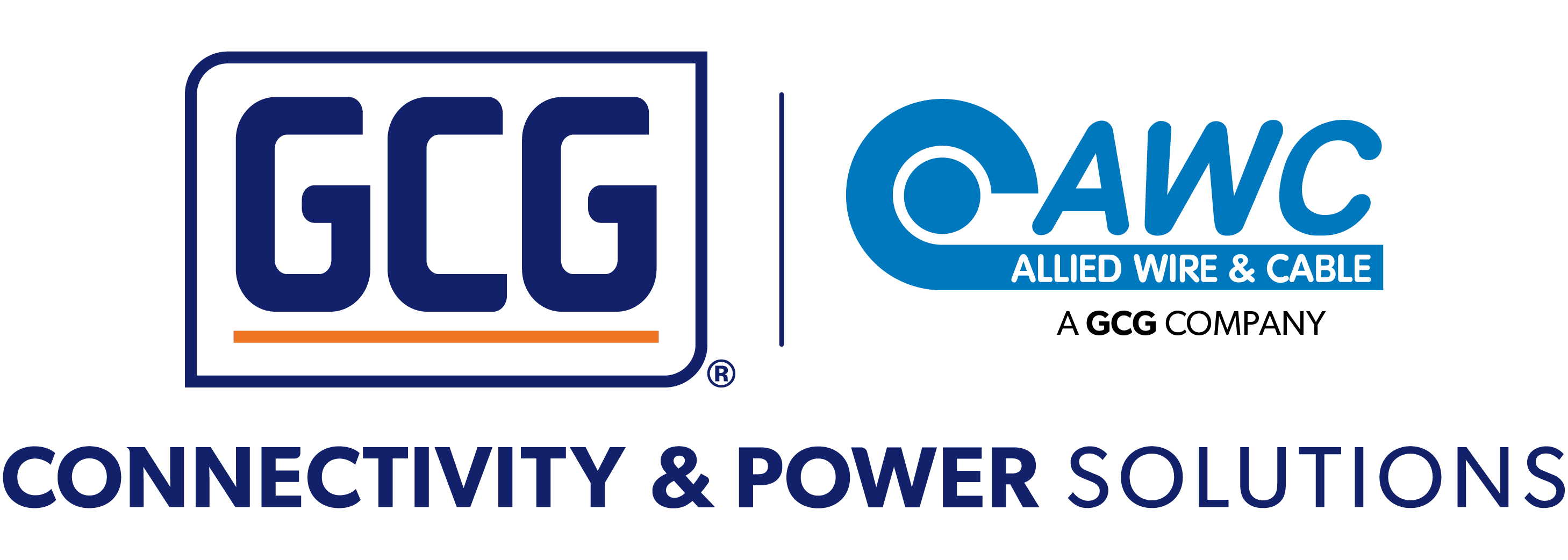What Is MTW Wire?
The National Electrical Code (NEC) recognizes hook-up machine tool wire (MTW) as suitable for wiring machine tools, appliances, electrical control panels, and similar electrical equipment. This hook-up wire is covered by several UL Appliance Wiring Material standards, so it's important to check carefully before selecting them for use in UL-listed applications. Certain types also have other certifications, such as the BC-5W2 specification for marine craft and the NEC's THHW wire certification. MTW uses moisture- and heat-resistant polyvinyl chloride (PVC) insulation.The Difference Between MTW and TEW Wire
MTW and thermoplastic equipment wire (TEW) are in many ways the same. MTW and TEW have the same thermoplastic PVC insulation and a maximum voltage rating of 600 volts. Their maximum temperature differs depending on the application. If used as TEW or UL-rated, the maximum temperature rating is 105 degrees Celsius, but if used as an MTW, the maximum temperature rating is 90 C. AWC MTW products meet the Canadian Standards Association (CSA) TEW requirements.
MTW and TEW Construction
Type MTW appliance wires have a single insulated conductor. These wires do not have a jacket or shield.
Conductors:
MTW hook-up wires have stranded copper conductors. Users have a choice between a general-purpose soft annealed bare copper wire or a corrosion-resistant tinned copper wire. The number of strands depends on the specification, so users can choose between stiff wires with relatively few strands or flexible wires with multiple small wire strands.
Insulation:
All MTWs and TEWs have extruded PVC insulation. Insulation thickness varies according to the wire gauge. PVC insulation has good resistance to oil, chemicals, and moisture.
Types of MTW
AWC stocks three types of machine tool wire, which are UL1028, UL1283, and UL1284.
UL1028 MTW: These hook-up wires use a relatively thin PVC insulation that’s between 0.045 inches and 0.060 inches thick. The number of strands varies from 19 strands up to 168. Wires with 19 strands are relatively stiff and hold their shape when bent, whereas those with higher strands are flexible. The AWC part number indicates the number of wire strands. UL1028 wires also conform to U1032, UL1231, and UL1344.
UL1283 MTW: This UL1283 standard covers wire sizes between 8 AWG and 2 AWG. These wires have an insulation thickness of 0.06 inches. Users can choose between stiff varieties with 19 strands and highly flexible options with up to 665 wire strands. UL1283 wires also conform to UL1232, UL1346, and UL10269 standards. Some sizes have the BC-5W2 marine rating and SAE J1127 Type SGT certification.
UL1284 MTW: These flexible wires cover a range of sizes from 8 AWG to 1000 MCM and have stranded copper or tinned copper conductors. Sizes are from 6 AWG and 750 MCM. Many UL1284 wires also have BC-5W2 marine rating and SAE J1127 Type SGT certification.
Alternative Types of MTW and TEW
AWC's Harmonized PVC hook-up wire section includes wires in a range of sizes from 26 AWG through to 450 MCM. These wires have PVC insulation and maximum temperature ratings from 75 C to 105 C. The maximum voltage ratings of harmonized PVC hook-up cables are from 500 volts up to 750 volts. These wires conform to UL styles 1015 and 10519.
General Specifications for MTW/TEW
- Conductors: Stranded copper or tinned copper conductors
- Insulation: Extruded PVC
- AWG sizes: From 8 AWG to 750 MCM
- Maximum voltage rating: 600 volts
- Maximum temperature rating in dry locations (TEW): 105°C
- Maximum temperature rating in dry locations (MTW): 90°C
- Maximum temperature rating in wet locations: 60°C
MTW/TEW Certifications
Apart from the UL certifications referred to above, general certifications for MTW and TEW include:
- CSA TEW
- BC-5W2
- SAE J1127 Type SGT
- THHW
- UL VW-1 Flame Test
